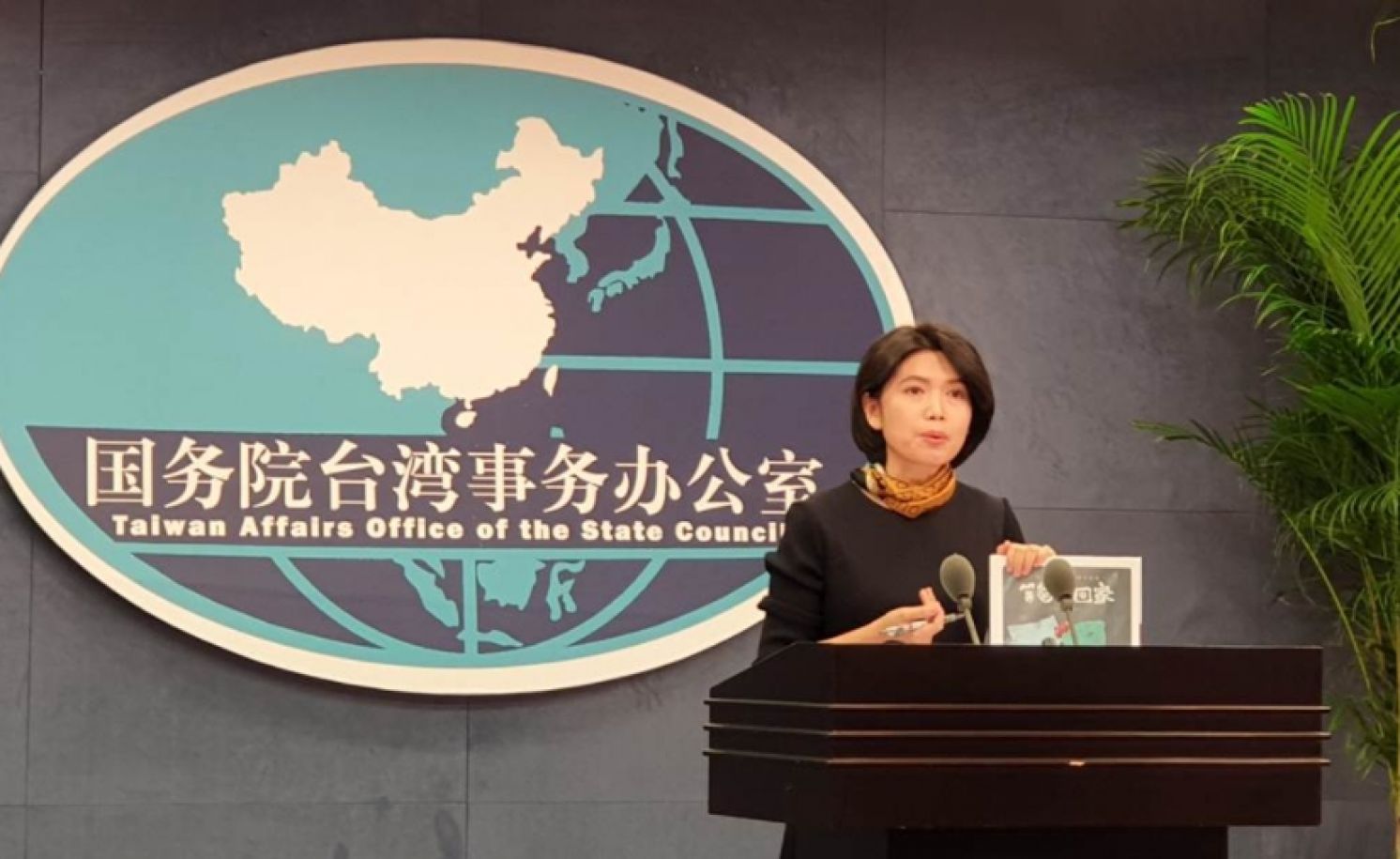
To Unify Taiwan Wisely, No Need to Enact a Law
By Liu Shing-ren
China Times, February 12, 2022
Zhang Nianchi, a renowned mainland Chinese scholar on Taiwan affairs and former director of the Shanghai Institute of East Asian Studies, recently wrote that the mainland urgently needs to enact a “Unification Act” now, covering measures of peaceful unification and forceful unification, because acting by the law could not only coerce the other side but also stabilize its own side, and using law as a weapon could be very powerful. As the situation across the Taiwan Strait is intense, Mr. Zhang’s proposal attracts much attention.
Mr. Zhang is a moderate scholar on cross-strait issues. To his proposal we should think whether a legislation is the best way to solve the Taiwan problem? Whether this is the best timing to enact a law? Whether the legislation would help legitimize the U.S.-Taiwan military cooperation? There are many aspects to be considered carefully.
First, it is natural that mainland China has the right to decide whether to enact a “unification law” unilaterally, but one has to consider the consequences of such a legislation. This law is tantamount to proclaim that Beijing has decided to ignore Taiwan’s public opinions; would this move help the Taiwan independence forces? Would this legislation make people on Taiwan oppose the mainland even more? Would this legislation make Taiwan stand more with the United States to counter China and to safeguard Taiwan? This is a very realistic problem. The mainland’s unilateral enactment cannot bind Taiwan, it cannot deter foreign countries such as the United States to interfere in the Taiwan problem, but it would make China the initiator to actively change the status quo across the Taiwan Strait.
Second, mainland China’s commitment to unification is public and unchanging, but the unification should wait until the timing, the situation, and conditions are ripe. Mr. Zhang believes that the time and potential are on China’s side, so the mainland should unify Taiwan wisely and smartly. But by enacting a unification law at the present time probably is not the best way to unify Taiwan wisely and smartly; “integration and development” may be the best way. If a unification law was enacted now, it would affect the atmosphere of cross-strait people-to-people exchanges, the administration of President Tsai Ing-wen may become a burnt child that dreads the fire, it would scrutinize the exchanges and opinions across the Taiwan Strait more strictly and make the cross-strait relations even worse.
Besides, whether the enactment of a unification law is to show mainland China’s determination or to prepare for arrangements for sensible and reasonable unification will have different consequences. If the mainland really wishes to legislate, it should open debates by scholars and people on both sides of the Taiwan Strait and do so after listening to public opinions of people on Taiwan.
However, Mr. Zhang also pointed out that at least three preconditions should be met for unification:
- First, the unification should promote the progress of the society and the development of productivity, that is, be beneficial to integration and development.
- Second, the side to be unified should be convinced willingly that they would gain more benefits and interests;
- Third, the unification should obtain the understanding, sympathy, support, and reassurance of the international community. This author also believes that if the two sides wanted to unify, the best way is to achieve the goal by getting the blessings of the majority of the Chinese people, after peaceful and integrated dialogues, and be acceptable to people on Taiwan willingly. This process takes time and needs the showing of China’s upgrade of its own power and self-confidence.
In sum, since mainland China puts its hope on people on Taiwan, it should do its best to reduce unilateral enactment of the law, but to discuss with Taiwan on how to deal with each other in the future. Both sides should strive for peaceful and wise unification and not forceful unification. They should wait until the time matures, they should fortify the foundation for the agreement of souls and minds, so that they would integrate and develop naturally, and the cross-strait relations could go far and steadily.
I believe that there is no urgency for mainland China to enact a “unification law”. What is needed is for the ruling Democratic Progressive Party and people to know and understand the mainland and to get rid of bias and discrimination against China. Taiwan could even help the world to understand China more truthfully, find ways to resolve the disputes between China and the United States, so that their relations will not be out of control. This should be Taiwan’s positive value in promoting peace across the Taiwan Strait and globally.
(The author is associate professor of the Graduate Institute of National Development and Mainland China Studies, Chinese Culture University.)
From: https://www.chinatimes.com/newspapers/20220212000508-260109